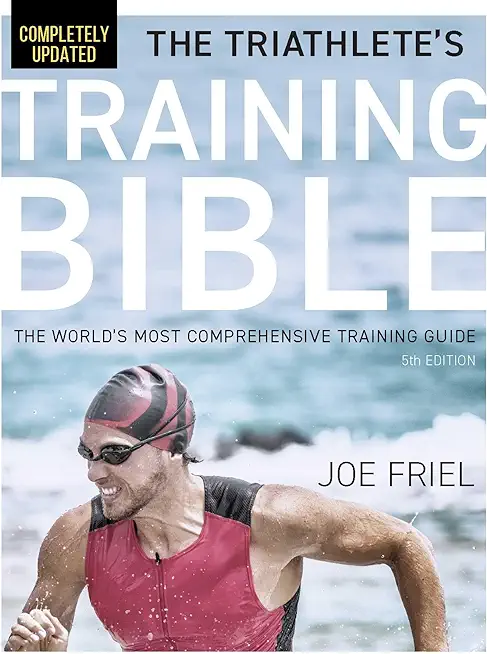
This book was designed to be used by both the paramedic intern and paramedic preceptor to help with consistency when it comes to patient assessments and running calls as a student. Think condensed-down paramedic book filled with important details. Reviewing this book as a student allows the student to become consistent and gives them clear, concise goals toward becoming a great paramedic. This book is not geared toward any one specific county, and it is still recommended that you all follow local protocols, guidelines, policies, and procedures.
At the young age of twenty years old, I completed my paramedic internship with Mark Poyer at the San Francisco Fire Department. I noticed that my patient assessments became stronger and had better flow when I started to use this book. It is quick and easy to refer to while riding in the back of a moving ambulance. This book is great for anyone who is interested in improving their patient assessments, differential diagnosis, and skills. This is a must read for paramedic interns. Even for someone who is interested in a career in EMS to a seasoned paramedic, I highly recommend this book. Using this book will make you more confident and help you with remembering important questions to ask patients while you are under pressure and exposed to stress on calls. Thank you, Mark, for setting me up for success in my career and giving me a good experience. I am a successful paramedic today because of you. (Ryan W. Bockholt)
There's always so much to think about during your internship, especially when you are running your first call. During my first briefing with my preceptor, I was set to run our very first call to see what level my assessments were at. I was extremely nervous; mostly because I wanted to do right by my patient and because I wanted to impress my preceptor. I was rusty with the type of questions I would ask during specific calls, but then I was introduced to this guidebook. It is the most creative and helpful thing I have read since paramedic school. I had it with me everywhere I went, even when I wasn't interning. I love how easy it is to read. Even at a moment's notice, I could quickly refer to it on the way to calls. Slowly but surely, my questioning started to become more on point and made me feel more confident in my assessments and differentials. To this day, I still carry it on me and review it before and after calls. I am now a full-time paramedic. Thanks, Mark! (Douglas Diaz)
Mark Poyer's The Paramedic Internship Guidebook is a must have for any paramedic student! It will help you with all aspects of your assessment, working diagnoses, and field impressions. The most helpful section for me was the common home medications guide. I keep my guidebook with me wherever I go, and you should too! (Brian Gordon)
" The Paramedic Internship Guidebook" by Mark Poyer is an excellent tool for paramedic students during their field internship, capstone evaluation and as review source for the NREMT cognitive exam. It provides a concise breakdown of the minimal entry level competencies for paramedic learners and can be a wonderful tool for establishing mutual expectations between the student and their preceptor.
Kenneth Reed, BS, NR-Paramedic
Paramedic Instructor
EMT/AEMT Program Director
Northeast State Community College
As a 40-year paramedic provider/EMS educator I highly recommend this field guide for all entry level practitioners, as well as seasoned experienced providers.
A great resource for those preparing for their field clinical evaluation or studying for NREMT examinations. This guide is a must for rapid and accurate assessments.
Robert Young
Retired FIRE/EMS Educa







